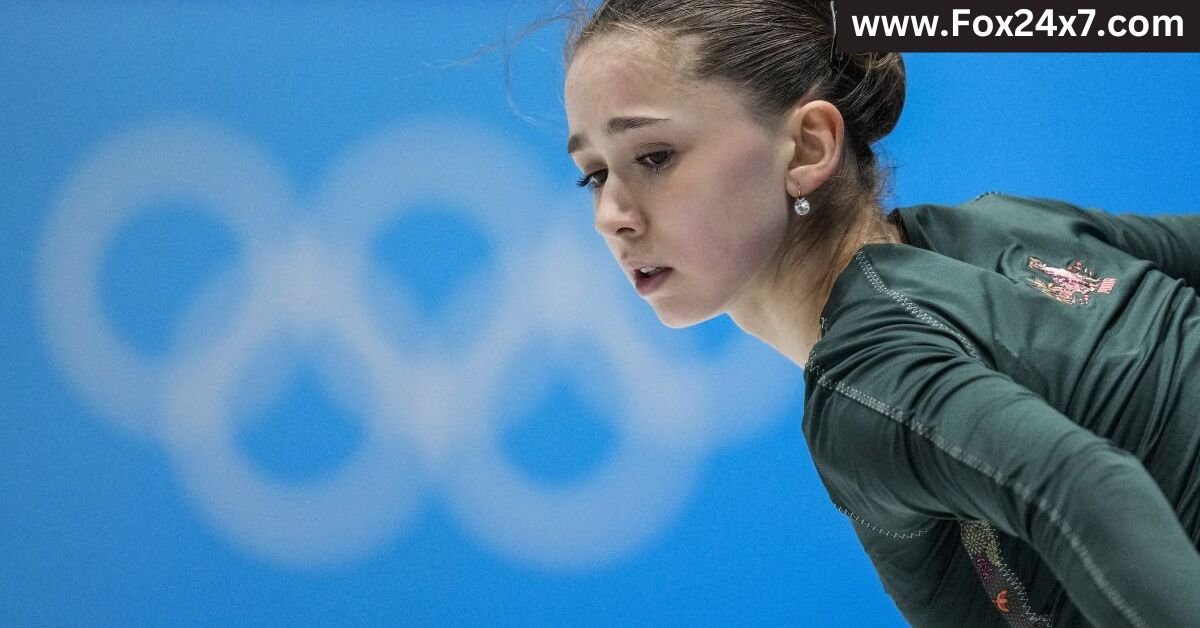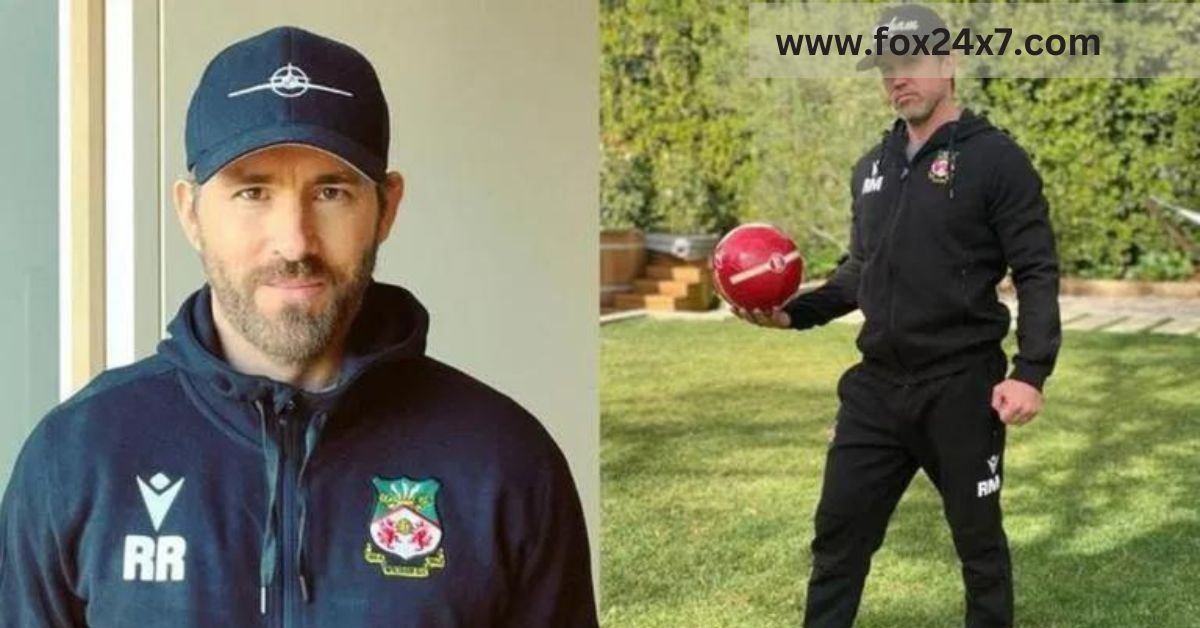
Kamila Vallieva, a Russian figure skater, was found guilty of doping by the Russian anti-doping agency (RUSADA) in December 2021, which has resulted in her suspension. But, she appealed to the World Anti-Doping Agency, WADA, and Court of Arbitration for Sport.
Russian figure skater tested positive for trimetazidine in December 2021
Kamila Vallieva Concern by Russia’s decision to ban Kamila Valieva, figure skater at the World Anti-Doping Agency (WADA), the WADA is worried. During the Beijing Olympics, the athlete tested positive for the drug trimetazidine.
Trimetazidine, or TMZ, is a medication that is taken by athletes to treat angina, a condition mark by reduce blood to the heart. It is use also in endurance sports. It improves the blood flow to your heart.
After trimetazidine was discover to be stimulant, the World Anti-Doping Association banned it in 2014. This substance has not been test positive in any Russian athletes, but Valieva isn’t the only one. Nadezhda Sereva, a Russian bobsledder, was also disqualified at the Pyeongchang Olympics 2018.
The World Anti-Doping Agency (WADA) demanded Valieva’s suspension from the International Skating Union for four years due to the positive result. WADA said it would file an appeal with the Russian anti-doping agency.
Russian Anti-Doping Agency suspends her
The Russian Anti-Doping Agency has suspended Kamila Vallieva, the 15-year-old figure skater who took the World Anti-Doping Agency’s banned drug trimetazidine. It doesn’t necessarily mean that Kamila Valieva won’t participate in the Women’s Singles Competition at Beijing’s Winter Olympics, but the news isn’t expect to have much of an impact on figure skating’s season.
Valieva has been rank as one of the top female figure skaters in the world. She’s won five out of six recent world championships. It was her outstanding performance in this week’s team event that won her the title for leading her country.
While Valieva’s positive drug test surprised many people, it was not surprising that the Russian antidoping agency warned her beforehand about potential consequences. The Russian athlete continues to compete in domestic Russian sports.
Minors may be grante special protections under the World Anti-Doping Code. For athletes below 16, the rules can be more complex.
Cas is an international court in Switzerland that can arbitrate disputes regarding sports. The process of processing cases can take several months. It is possible that Valieva’s case has already been resolv.
World Anti-Doping Agency refers cases to Court of Arbitration for Sport
The World Anti-Doping Agency sent Kamila Valieva’s doping case to the Court of Arbitration for Sport (CAS). CAS is an independent institution with specialist knowledge in sports law. It’s located in Lausanne Switzerland.
Valieva was a member of the Beijing Olympics team that won gold. She tested positive for banned substances. RUSADA gave a temporary suspension. She was require to undergo a post-event doping test.
However, RUSADA said it would not release the results of the investigation. That sparked an appeal by the International Skating Federation.
WADA then sent RUSADA a formal notification. Additionally, they threatened to escalate the case to CAS. RUSADA made no further progress on this case despite the threats.
In February, CAS ruled and denied the appeal. Court upheld decision by RUSADA’s disciplinary panel. Valieva, as a consequence, is currently awaiting a verdict.
Even though the CAS panel was not able to name specific facts it considered crucial, it noted the existence Osaka rule. This bans athletes from the Olympic Games who are suspend due to anti-doping rule violations.
Appeal from RUSADA ruling
Kamila Vasilieva (Russian figure skater) is facing a serious legal challenge. WADA is appealing against Rusada’s verdict at the Court of Arbitration for Sport. Concern by Rusada’s ruling, the international anti-doping organization is worrie about the Russian “no fault nor negligence” in this case.
The CAS ordered a Panel of three arbitrators to resolve the issue. It will issue an Arbitral Order. The panel will issue an Arbitral Award.
WADA has asked the CAS to impose a four-year ban on Valieva starting from the date of the decision. Also, it expressed concerns about Russia’s handling of the doping case. It takes several months for cases to be resolve.
The doping scandal meant that no medals given at the Olympics. Valieva who had been the favorite to win individual gold, fell several times during the free-skate and was denied her medal. She finished fourth overall.








![Buying the Dip: The Meaning And Its Importance [Markets Strategy] Buying the Dip](https://fox24x7.com/wp-content/uploads/2021/11/Buying-the-Dip--180x135.jpg)
























